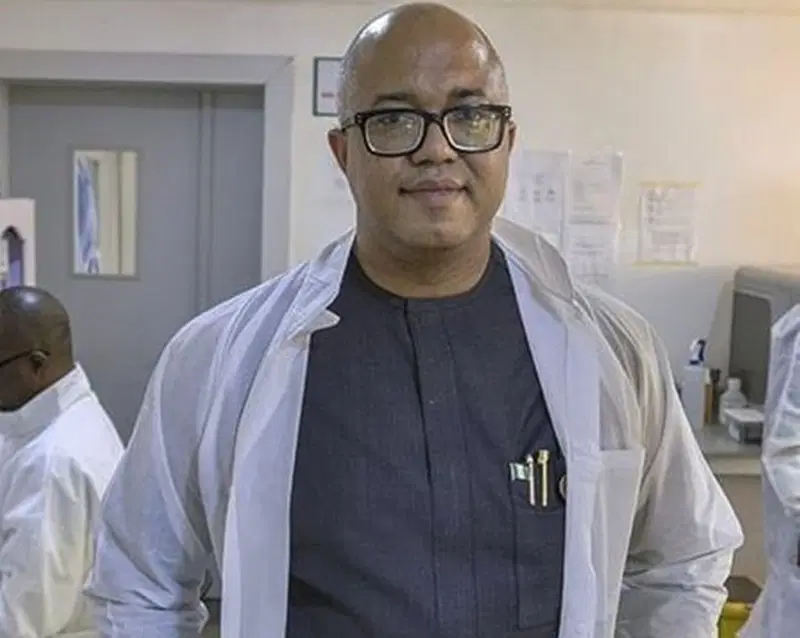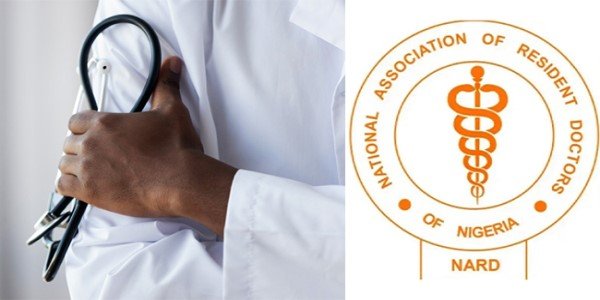The World Health Organization (WHO) has carried out a reshuffling of its leadership team to reposition the organization.
In the brand-new team Dr Chikwe Ihekweazu, a Nigerian-German who is currently head of Health Emergency Intelligence and Surveillance at a WHO pandemic hub in Berlin, will take over as head of the entire health emergencies operation at headquarters, the largest department in the organization.
This was contained in an internal email sent by DG Dr Tedros Adhanom Ghebreyesus to staff Wednesday morning, news agency reports.
The shake up which dramatically reduced number of leaders and a major shake-out of longstanding faces including Dr Mike Ryan, the Deputy Director General and emergencies director, and Dr Bruce Aylward, who helped the Director-General steer the organization through the COVID-19 crisis but also got the heat for some of the mistakes made by the organization in the process.
In Ryan’s place, A formal WHO announcement followed shortly afterwards during remarks by Tedros at the opening meeting of the Programme Budget and Administration Committee (PBAC), a member state group convening ahead of next week’s World Health Assembly.
Dr Jeremy Farrar, a well-respected British scientist and former head of Welcome Trust, will take on the second biggest appointment as Assistant Director-General (ADG) of Health Promotion, Disease Prevention and Control – one of the major pillars of the new organization – which will consolidate the 10 existing divisions into four.
Farrar will be replaced as Chief Scientist by Dr Sylvie Briand, former director of WHO’s Epidemic and Pandemic Preparedness and Prevention Department and current director of the Global Pandemic Preparedness and Monitoring Board, an independent body co-convened by the WHO and the World Bank to ensure preparedness for global health crises.
Japanese national Dr Yukiko Nakatani will remain on the team as head of the third new programme division, ADG of,Health Systems.
Raul Thomas, of Trinidad and Tobago, will remain as WHO’s ADG of Business operations along with Razia Pendse, an Indian national, as the ‘Chef du Cabinet.’
In his announcement to staff, Tedros said that the appointments would take effect on 16 June. Speaking shortly afterwards to the PBAC, he added, “The new team has been chosen after very careful consideration, and to ensure gender balance and geographical representation.
“I am confident that this new team, under the restructured organization, is best positioned to now guide WHO as we face the challenges of the coming years.”
Very initial reactions from staff inside the organization and outsiders seemed to be positive.
“It was a difficult decision for the DG, because he had to ensure, gender, geographical equity, and that donors priorities were also met,” said one long-time WHO insider, “but overall it seems like a good balance,” noting that most of the new appointees have solid professional reputations.
The sweep out of old leadership long associated with Tedros’ tenure may help improve the organization’s image and help press “reset” for further changes, the source added. (Agency Reports)



